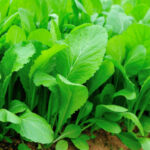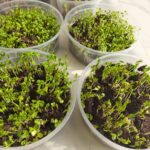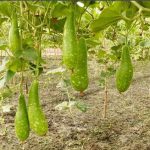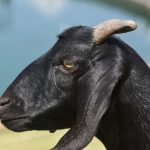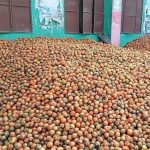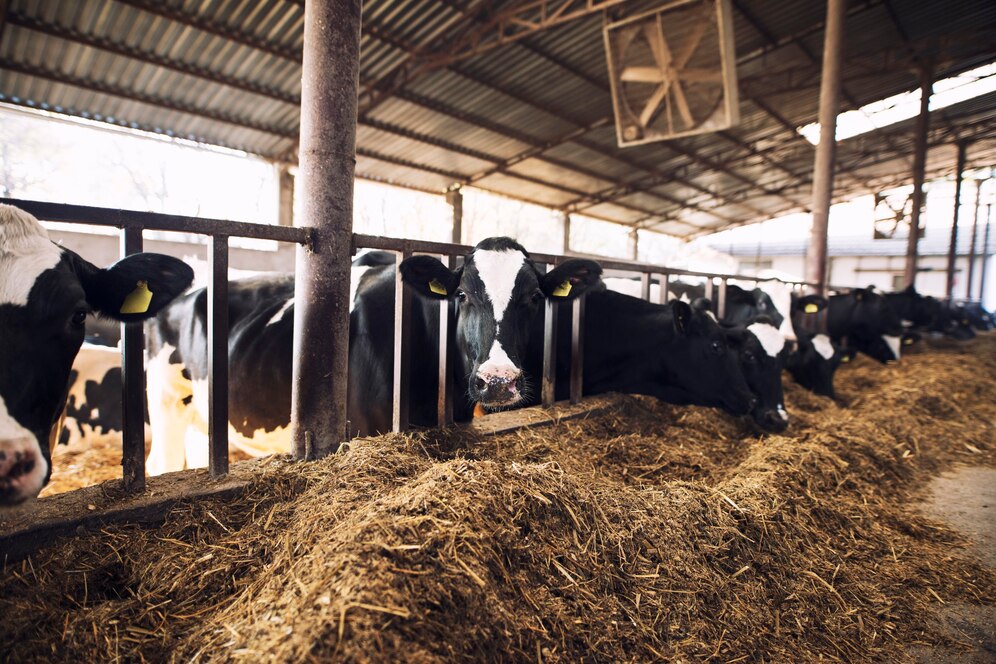
After graduation, many students aim for traditional jobs or businesses, but self-employment in agriculture can be both rewarding and impactful. With confidence, hard work, and dedication, building a dairy farm is a viable path to economic stability and societal contribution. Here’s a guide to help you get started.
Why Dairy Farming?
Dairy farming offers more than just milk. Besides producing milk—a vital food source—dairy farms provide meat, organic fertilizer, and even fuel. These farms have consistent demand, and with a little training, you can turn dairy farming into a profitable venture.
Basic Requirements
Starting a dairy farm requires financial stability, some knowledge of animal care, and a safe environment for cows. Instead of launching a large-scale farm, it’s wise to start small, perhaps with 5 to 6 cows, and gradually expand as you gain experience. You may also need to hire experienced caretakers, ideally with hands-on experience in cow care.
Selecting the Right Cows
Choosing high-quality, disease-resistant breeds is essential. Good breed selection leads to better milk production and reduces health issues on the farm. A variety of local and imported breeds, such as New Zealand or Australian varieties, may offer different benefits. Additionally, ensure a steady supply of nutritious feed and adequate grazing or fodder land.
Location Matters
Pick a farm location with good transportation access and proximity to milk-selling opportunities. The facility should have secure fencing, proper ventilation, ample light, and sufficient space for cows to rest and walk. Having a nearby veterinary clinic and raw fodder suppliers is beneficial for maintaining a healthy herd.
Ensuring a Quality Food Supply
The first priority on a dairy farm is adequate, nutritious food for the cows. Healthy cows produce high-quality milk, so avoid feeding them stale or spoiled food, which can lead to health problems. Keep an inventory of essential feed items like rice husk, wheat husk, grains, salt, and fresh grass. Extra care should be taken with pregnant or lactating cows, and regular veterinary check-ups are crucial.
Income and Expenses
Dairy farming is a long-term investment, so patience is essential. It may take time before profits are noticeable, but as your herd grows, economies of scale will reduce production costs. Income can be steady, especially as local retailers often seek out direct suppliers for fresh milk. A single cow’s milk sales can generate a considerable monthly income for a family, though results may vary based on farm size and local demand.
Farm Maintenance
Ensure cows are housed in a clean and comfortable environment, with measures in place to keep mosquitoes at bay, sufficient fans for cooling, and frequent cleaning. Consult with experts to select suitable cow breeds and maintain hygiene standards for optimal health and milk production.
Health Care for Animals
Regular health checks and vaccinations are essential. Working closely with veterinarians will help you detect and prevent illnesses. Many regions have agricultural support programs that offer loans and training. Taking advantage of these can improve your farm’s success rate.
Final Thoughts
Dairy farming provides an opportunity for personal growth, economic independence, and meaningful work in a vital industry. Starting a farm may involve challenges, but with careful planning, dedication, and a steady approach, it’s a valuable path to a prosperous future.




